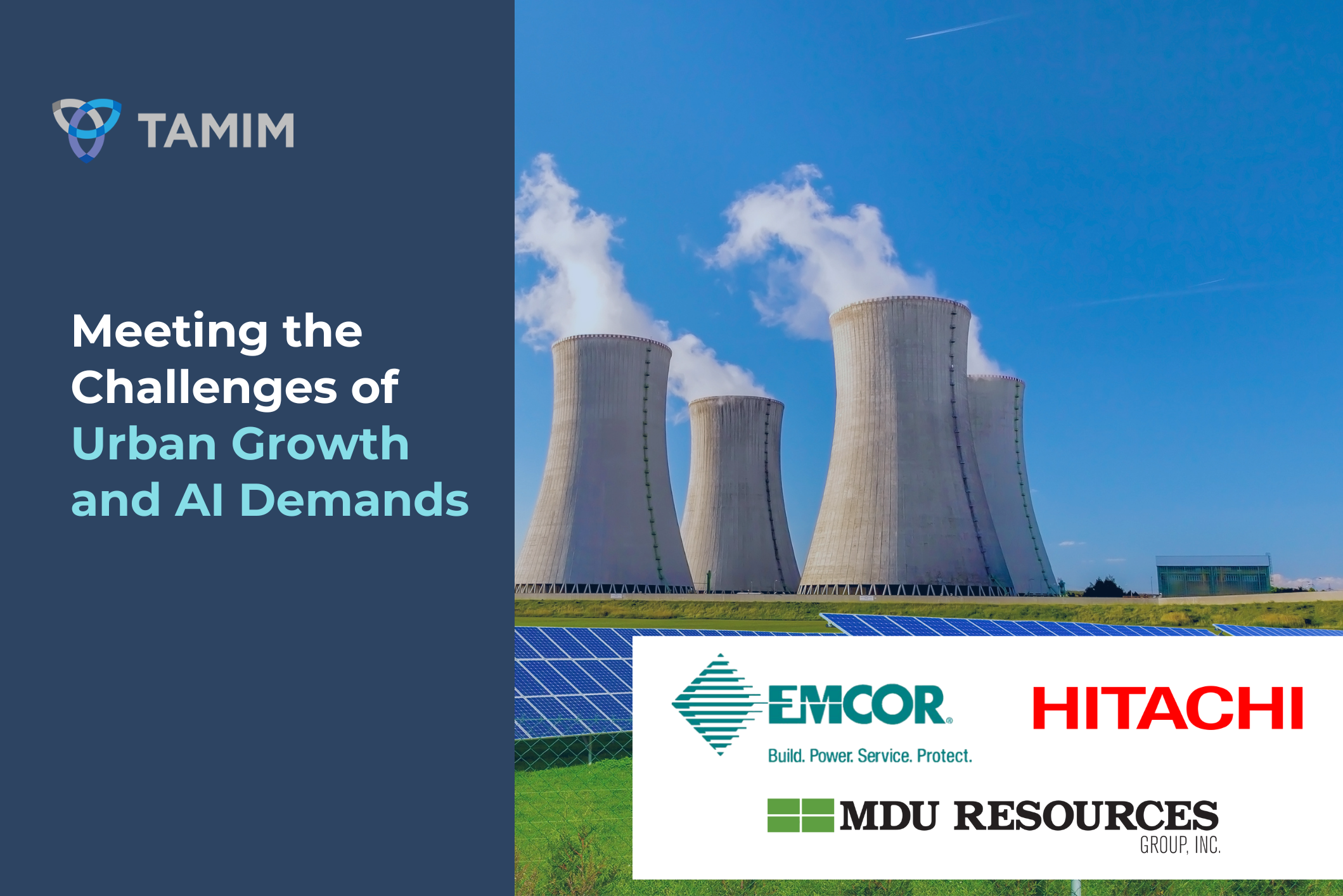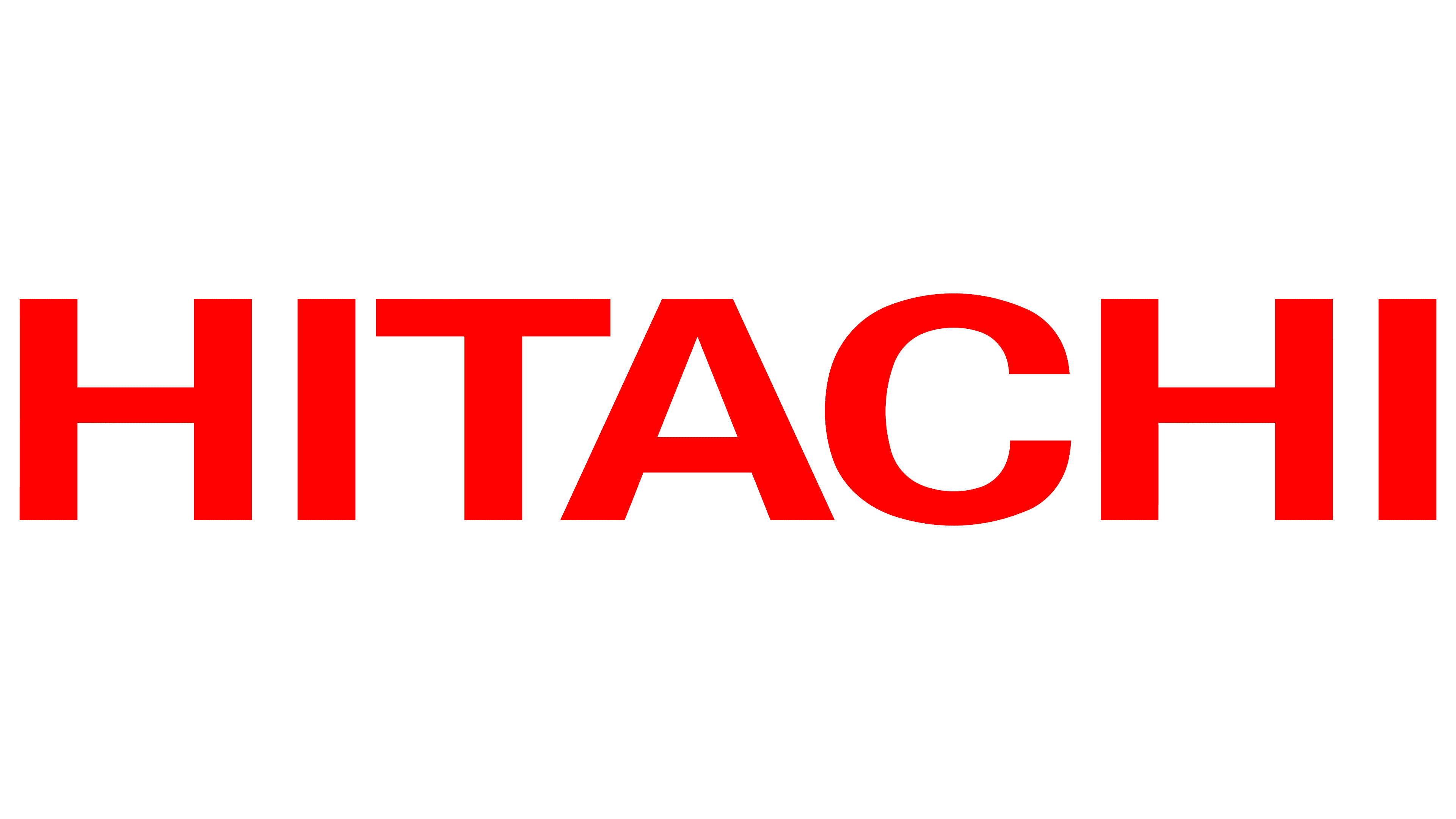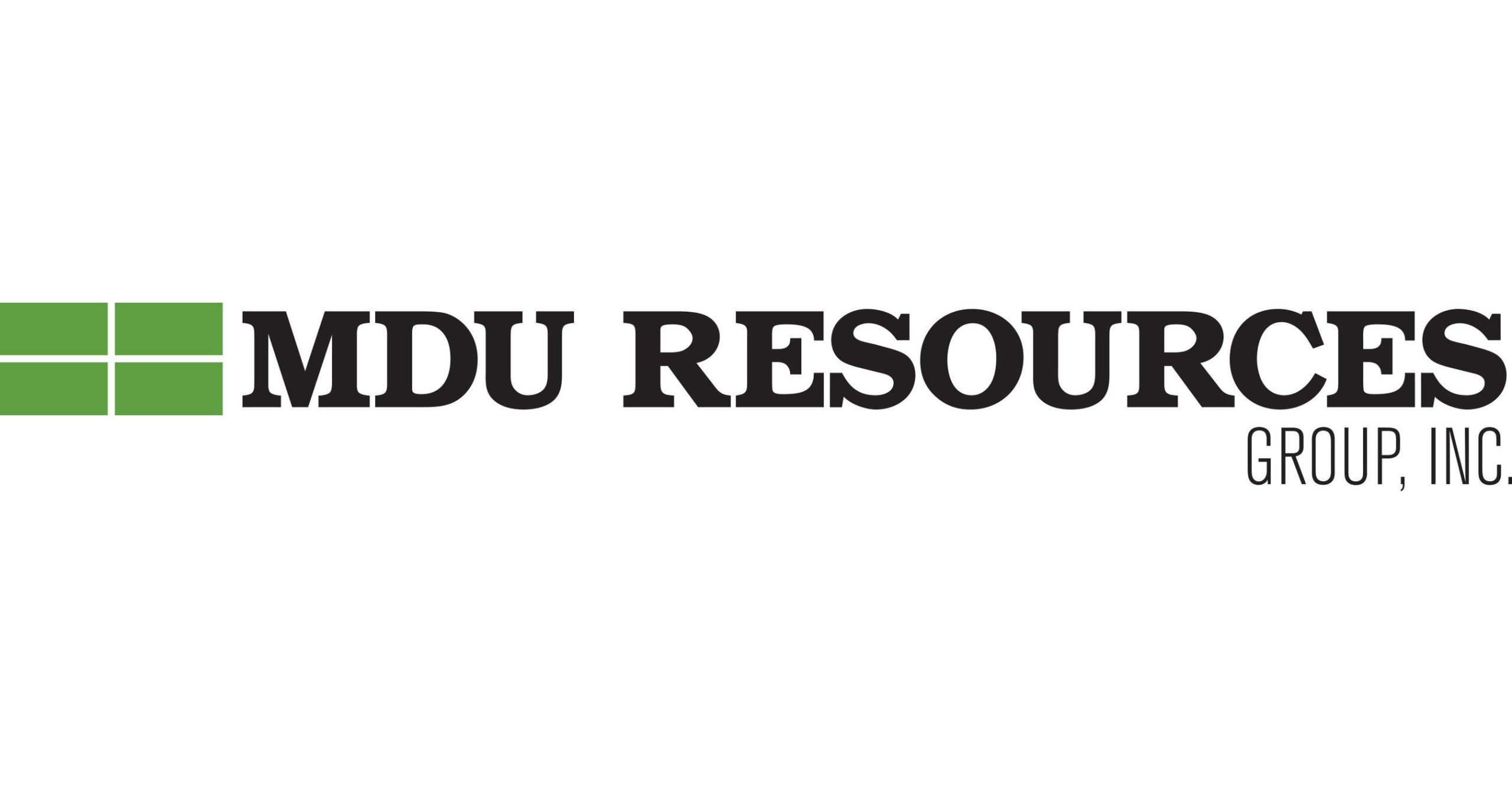As cities continue to grow and the adoption of artificial intelligence (AI) accelerates, energy consumption is reaching unprecedented levels, placing significant pressure on existing infrastructure. Addressing these growing demands requires substantial investment in modern, resilient energy systems that blend traditional energy sources—such as oil, gas, and nuclear—with newer, cleaner technologies like renewables. This transition presents valuable opportunities for companies that provide the essential services and infrastructure needed to support large-scale projects.

At TAMIM Asset Management, Robert Swift, Portfolio Manager of the Global High Conviction Portfolio, emphasises a “picks and shovels” approach to investing. This strategy focuses on companies that supply the critical tools and technologies needed to support the energy transition and infrastructure development, rather than directly investing in speculative high-growth sectors. With countries like Japan revitalising nuclear energy as a stable base load power source and regions balancing renewable energy with traditional fuels, this investment approach becomes even more pertinent. Below, we explore three long held investments -Emcor Group, MDU Resources, and Hitachi Ltd.—that align with Robert Swift’s philosophy and are well-positioned to capitalise on global infrastructure demands.
Emcor Group: A Leader in Critical Energy Services

Emcor’s business model is balanced and adaptable, enabling the company to thrive across various high-growth sectors, such as data centres, semiconductor manufacturing, and healthcare. This versatility positions Emcor as a significant player in the transition to energy-efficient infrastructure. The company is not just focused on new energy projects; it is also involved in the modernisation of existing grids to improve energy efficiency and reliability.
Recent financial results illustrate Emcor’s strength. In Q2 2024, the company reported $3.7 billion in revenue, with a project backlog of $9 billion, reflecting its strong pipeline of future work. A key factor in Emcor’s success is its commitment to advanced technologies like Virtual Design and Construction (VDC) and prefabrication, which enhance project execution and align with industry trends of integrating digital solutions into construction and energy services. These technologies allow Emcor to streamline operations, reduce costs, and complete projects more efficiently, giving it a competitive edge in the industry.
Emcor’s focus on critical infrastructure services and its strong positioning in high-demand sectors make it a compelling choice that benefits from the broader energy transition.
MDU Resources: Supporting America’s Energy Infrastructure
MDU Resources Group (NYSE: MDU), is a diversified energy and construction services provider that plays a central role in the development of America’s energy infrastructure. The company focuses on regulated energy delivery, including electricity and natural gas, which provides stable, predictable cash flows. This focus positions MDU well to meet the needs of expanding urban areas and the increasing demand for efficient energy systems.
MDU’s strategy is to become a pure-play regulated energy delivery company, with steady growth supported by its utility operations. As of mid-2024, MDU serves 1.2 million utility customers and operates over 30,400 miles of transmission lines across several states. Its pipeline operations, with a daily capacity of 2.8 billion cubic feet, play a vital role in meeting natural gas demands, especially in significant energy markets like the Bakken region, known for its oil and gas production.
The company’s performance in Q2 2024 showed the Pipeline segment achieving growth of 99%. The company also announced the completion of the Heskett IV, 88-megawatt simple-cycle combustion natural gas turbine project. This project exemplifies MDU’s commitment to modernising its energy delivery capabilities while expanding capacity. The company’s long-term $2.8 billion capital investment plan aims to enhance and upgrade infrastructure, focusing on sustainable growth while maintaining a robust balance sheet.
Additionally, MDU is well-positioned to benefit from the U.S. Infrastructure Investment & Jobs Act (IIJA), which allocates significant funding to modernise the country’s infrastructure, including energy systems. MDU’s involvement in large-scale projects funded by this initiative is expected to drive further growth as the nation prioritises energy reliability and modernisation. MDU represents a strong option that balances traditional energy needs with forward-looking growth strategies.
Hitachi Ltd.: Bridging Traditional and Future Energy Needs

Hitachi’s financial results for Q1 FY2024 showed strong revenue growth, driven by Green Energy & Mobility division and Digital Systems & Services segments. A significant portion of this growth is attributed to Hitachi Energy, which focuses on large-scale infrastructure projects like high-voltage direct current (HVDC) systems for integrating offshore wind energy into power grids, as well as nuclear power solutions for stabilising energy supply and meeting clean energy targets.
The company’s work in nuclear energy has gained renewed interest, both in Japan and internationally, with a dramatic revenue increase in this segment over the past year. This growth reflects the resurgence of nuclear power as a dependable base load energy source, especially in countries looking to reduce carbon emissions while maintaining energy stability. Hitachi’s involvement in projects like advanced nuclear reactors and supporting the safe decommissioning of older facilities showcases its comprehensive approach to nuclear energy solutions.
A key factor in Hitachi’s success is its digital platform, Lumada, which integrates AI and the Internet of Things (IoT) to optimise energy management. This platform allows for real-time monitoring and predictive maintenance of energy systems, helping clients reduce operational costs and improve energy efficiency. By bridging the gap between traditional energy solutions and cutting-edge digital technology, Hitachi offers investors exposure to both reliable infrastructure and the next wave of technological innovation.
The TAMIM Takeaway
As urban growth continues and energy demands increase, the need for infrastructure investment is more critical than ever. Companies like Emcor, MDU Resources, and Hitachi are well-equipped to address these evolving needs, providing essential services and infrastructure that support the global energy transition. Emcor’s role in energy-efficient systems, MDU’s strategic investments in utilities and construction, and Hitachi’s leadership in nuclear and digital infrastructure make them stand out options for investors seeking exposure to long-term growth opportunities in the infrastructure sector.
Robert Swift’s “picks and shovels” investment approach is about finding companies that provide the fundamental tools necessary for large-scale transitions, rather than betting directly on speculative outcomes. By focusing on firms like Emcor, MDU, and Hitachi that enable the modernisation of energy systems and infrastructure, investors can capture the potential for sustainable returns while contributing to a more resilient future. We look forward to reading the next report from the A.S.C.E. on the state of U.S. infrastructure in general and the energy segment in particular. Here is a link to the last report from 2021.
At TAMIM Asset Management, we believe the infrastructure space presents a strategic way to benefit from evolving global energy policies while mitigating risks associated with speculative investments. The companies discussed here exemplify how the “picks and shovels” strategy can deliver robust returns across economic cycles and play a crucial role in shaping the future of energy.
____________________________________________________________________________________________
Disclaimer: Emcor Group (NYSE: EME), MDU Resources Group (NYSE: MDU) and Hitachi Ltd. (TYO: 6501) are held in TAMIM Portfolios as at date of article publication. Holdings can change substantially at any given time.

